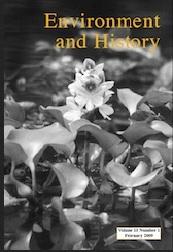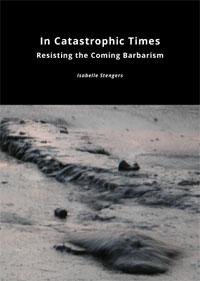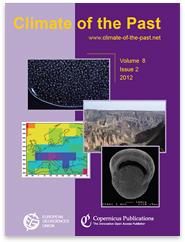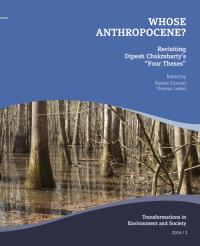"Population, Land Use and Environmental Impacts in Shucheng County, Anhui Province, China during the Ming and Qing Dynasties"
The authors take Shucheng County as a case study to reconstruct the variations of population and land use in the last 500 years, and to examine their influence on the environmental changes in this region.










